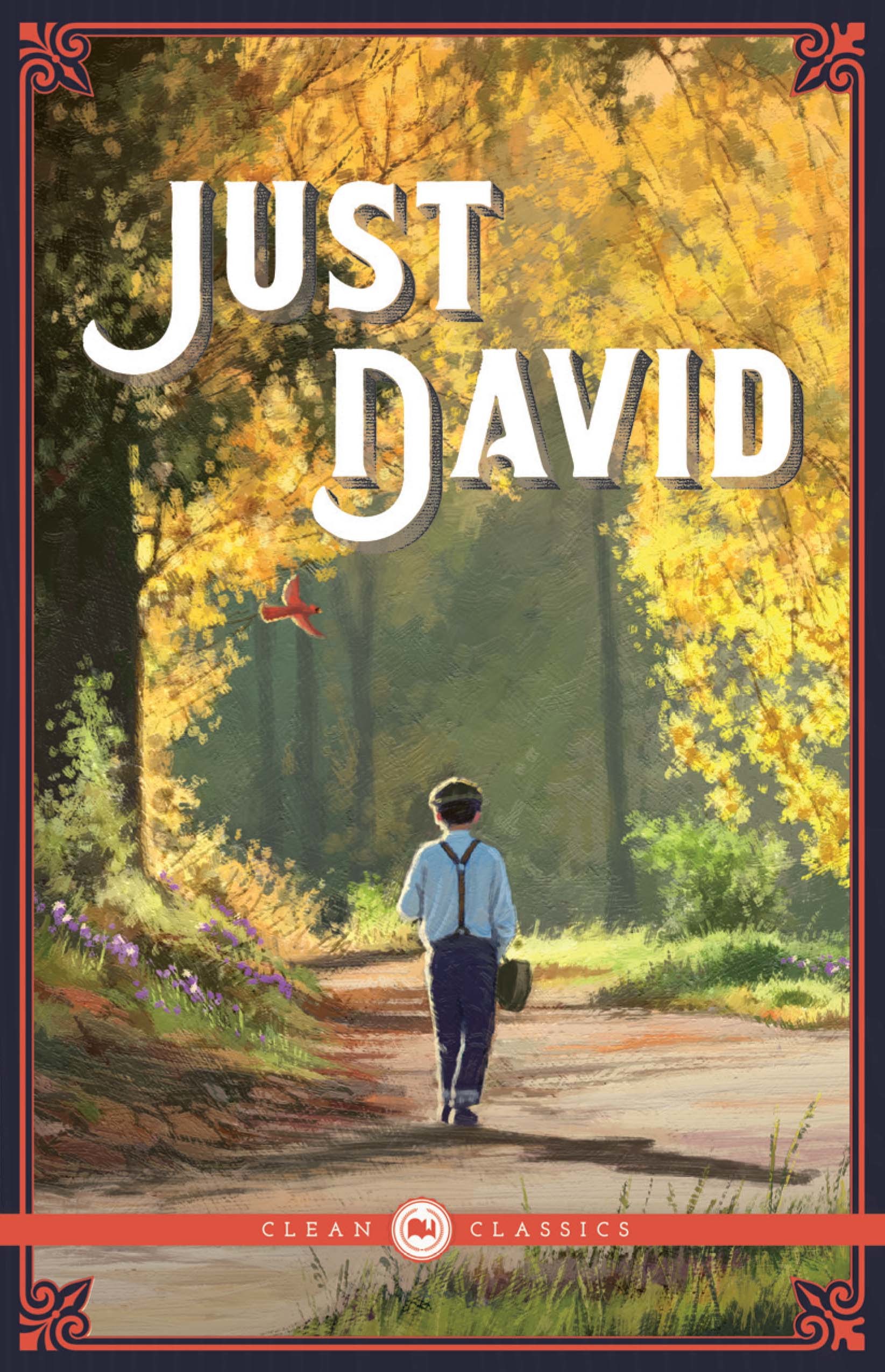The Tower Window
byThe Tower Window stands not just as a room high above Sunnycrest, but as a metaphor for the emotional distance Miss Holbrook maintains from the world outside. On this day, David ventures once more into her estate, led not by invitation but by instinct and a yearning to share music. Finding the garden empty, he follows the sound of unfamiliar chords to the great house itself, his small feet carrying him through its grand entrance with fearless wonder. Each hall and furnished room speaks to David’s mountain-raised simplicity, yet nothing intimidates him. When Miss Holbrook appears and sternly questions him, David responds not with fear, but with honesty and admiration for her home’s beauty. Her surprise softens into curiosity as he plays his violin, transforming his impressions into melodies that echo through the ornate chambers. In those notes, she hears something long lost—spontaneity, perhaps, or joy untainted by pride.
What begins as a rebuke slowly becomes a conversation. David’s stories tumble out naturally, sprinkled with mentions of friends like Jack and Jill, and punctuated by heartfelt accounts such as the rescue of a mistreated kitten. His words are simple, but their effect is profound, for he neither flatters nor pretends. When he speaks of music as something that must be shared with someone who listens from the heart, Miss Holbrook is struck by a truth she cannot dismiss. The more she listens, the more she begins to hear herself in his words—an echo of her younger self, perhaps, or of someone she hoped still existed behind the guarded life she now leads. David, unburdened by decorum, asks questions others never dare. Each question becomes a mirror, gently coaxing her to look inward at the choices and memories tucked into the corners of her elegant solitude.
Drawn by both his presence and his music, Miss Holbrook leads David upstairs, finally arriving at the highest tower room. Unlike the rest of the house, this space is bare and humble. David sees the contrast immediately, noting how odd it is for such a beautiful house to hold a room so plain. Miss Holbrook calls it her favorite, and he understands why—there is truth in its emptiness, and something peaceful in its lack of adornment. From the tall, arched window, the world spreads out like a silent sonata, wide and full of things waiting to be felt. David sits quietly for a moment, then speaks of his father, of the mountains, and of how beauty doesn’t need gold to shine. His words are not poetic in structure, but their meaning is rich, like a melody played from memory.
In this space far removed from gossip, money, and reputation, Miss Holbrook finds herself unguarded, pulled gently into a place of openness she hasn’t entered in years. David, not knowing the full weight of her silence, presses softly on the boundaries of her heart, asking why such a lovely place holds so much sadness. She answers vaguely, but not unkindly. Her sorrow, it seems, is stored in this very tower—in the days that passed, the people forgotten, and the music that stopped. When David lifts his violin once more, he plays not a song of joy, but one of quiet understanding. Each note rises to meet the light pouring in through the window, reaching out toward something neither of them names.
The room, the music, and the shared silences bind them in a fragile truce between the past and present. David doesn’t know what exactly he’s touched in Miss Holbrook, only that she seems lighter now, as if something in her has shifted. She walks him to the door, less rigid than before, and tells him he is welcome again. Outside, the day has begun to wane, but David’s heart carries the weight of something new—he has opened a door, not just in the house, but in a soul sealed off long ago. He doesn’t fully grasp the change he’s caused, but he senses it in her voice, in the window that no longer feels so far away. And as he walks back down the hill, violin in hand, he hums softly—not for himself, but for someone else learning how to listen again.

